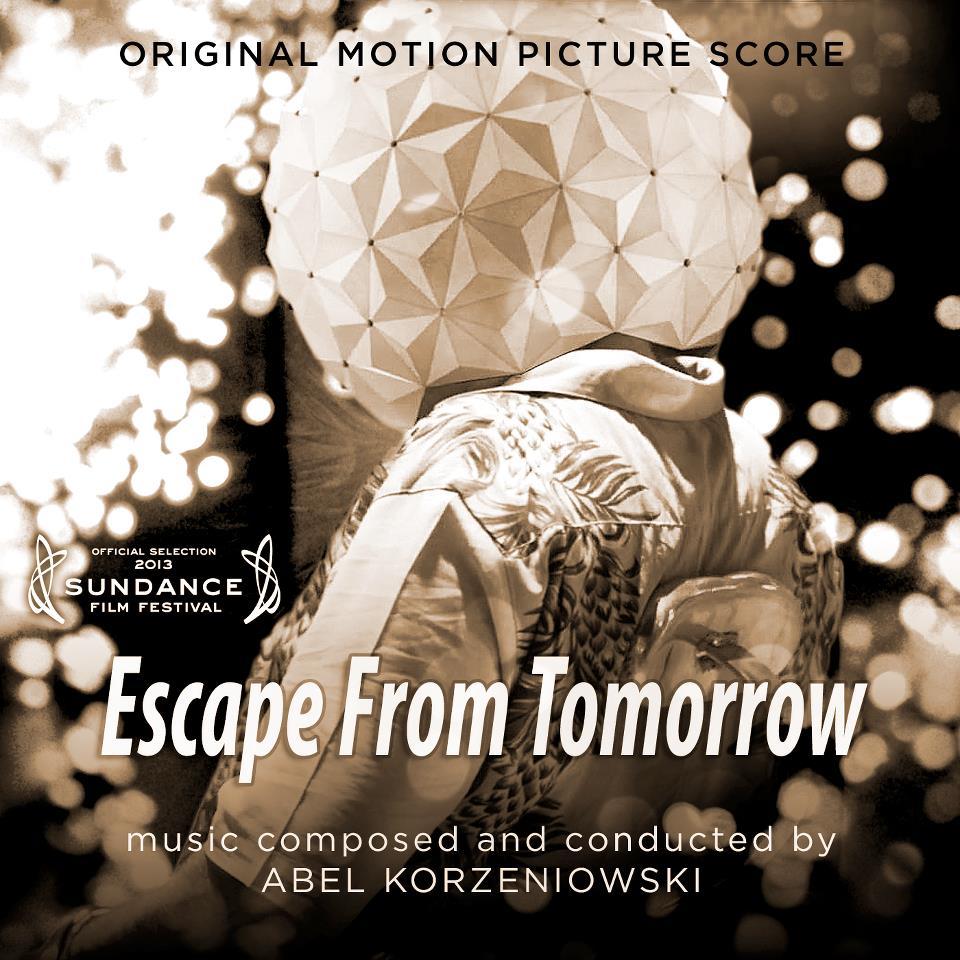Prometheus (Marc Streitenfeld)
Posted: June 30, 2012 Filed under: Harry Gregson-Williams, Marc Streitenfeld 1 CommentFinal Musings: There is much to like in Prometheus. The orchestrations are top-notch, the atmospheric qualities are commendable and the sense of wonder is well conceived. Streitenfeld gives us a score that works quite well in context. But it ultimately ends up being a score that’s rather forgettable by the end. The lack of experience on the composer’s part shows in the music. And when an assistant composer’s contribution –only minutes in length – overshadows the entirety of your work, you know you haven’t quite nailed the assignment.
To say there were great expectations for Ridley Scott’s long awaited return to the science fiction genre is quite the understatement. Oddly enough, the director has only made two forays into this side of film, those being Alien and Blade Runner. Yet the British filmmaker is responsible for singlehandedly revolutionizing the genre as we know it. Alien is universally known for being amongst the finest of science fiction with its masterful degree of craftsmanship rarely seen in today’s films. And after a seemingly endless chain of ridiculous sequels and crossover films, fans were eager to see the esteemed director set the franchise back in shape with his quasi-prequel, Prometheus. What audiences ended up receiving however was a visually stunning piece of work filled with big ideas but ultimately bogged down by absurd character flaws and plot holes. While there is great potential with the film, Promethleus ultimately ends up being the “love it or hate it” film of the year.
The Alien franchise has always been very diverse when it came to its musical sensibilities. From the challenging eerie tones of Jerry Goldsmith’s work for the original Alien to the snare-ripping action of James Horner’s contributions to James Cameron’s sequel Aliens to the dense avant-garde techniques of Goldenthal’s work for the final entry of the trilogy, Alien 3, each approach never really bore any resemblance to each other, despite their individual merits. Signed on to score the latest entry of the series is Scott’s most recent collaborator, composer Marc Streitenfeld. The young composer worked under Zimmer’s massive production company for many years before being sought out by Scott for 2006’s A Good Year to replace his previous collaborator, veteran Hans Zimmer himself. Streitenfeld has had the privilege of scoring every Ridley Scott production since. Now considering the modern blockbuster scoring methodology that Zimmer’s clones have so clearly established, one would expect a film like Prometheus to be scored with the awful sound design concepts of Jablonsky’s intellectually devoid score for Battleship in mind. But listeners will be surprised to hear Streitenfeld offer a more organic and intelligent alternative. Read the rest of this entry »
Snow White and the Huntsman (James Newton Howard)
Posted: June 26, 2012 Filed under: James Newton Howard 4 CommentsFinal Musings: With Snow White, James Newton Howard offers a formulaic entry in his career which at times does succeed to impress while at other times, leaves you in pain. It’s disappointing to hear the composer incorporate a lot of generic material (much of which is harsh on the ears) in a genre that has often brought out his best material. But while this pales in comparison to his greater works, this score can still be a treat for the composer’s fans, for it’s still full and ripe with Howard’s characteristic lyricism.

There seems to be no end these days to modern retellings of fairy tales; a fad arguably spawned by Tim Burton’s absurdly successful Alice in Wonderland. And whether it’s the comedic, over-the-top approach or the dark revisionist’s angle, the results largely remain the same. Rupert Sanders’ directorial debut is the second Snow White feature film of the year and certainly the better of the two, but that doesn’t say much. Expectedly, an array of well-conceived sets, colourful visual effects and an amusing performance by Charlize Theron is all there is to salvage the film from a mess of uneven acting, poor scripts and blatant clichés set up to lure in Twilight fans. Signed on to the project is composer James Newton Howard, a man who has become quite the veteran in scoring fantasy films. Having dabbled in the genre with fantastic entries like Lady in the Water and The Last Airbender, it’s not hard to see why the thought of Howard scoring a Snow White film a la “warrior princess mode” have left his fans drooling in anticipation. The finished product however might not have ended up with the same result.
In a way, this score is almost to James Newton Howard what Avatar was to James Horner or Alice in Wonderland to Danny Elfman. Yet whereas those two scores were highly effective mergings of the best compositional facets of their respective careers, Snow White and the Huntsman falters in many regards. The score draws inspiration from half a dozen of his past scores including Snow Falling on Cedars, The Village, King Kong and Lady in the Water. Accordingly, the music is full of Howard’s trademark lyricism and majesty that he regularly employs in his fantasy works. But considering the modern approach taken with this score, the composer does choose to deviate from his more traditional fantasy scoring in its constructs. Rather than scoring the film with consistent blown-up orchestral or choral grandeur, Howard chooses to dominate the score with more intimate solo instruments, especially his characteristic piano material, although the former is still present. While this is no major detraction in itself, other problems do exist. Read the rest of this entry »





